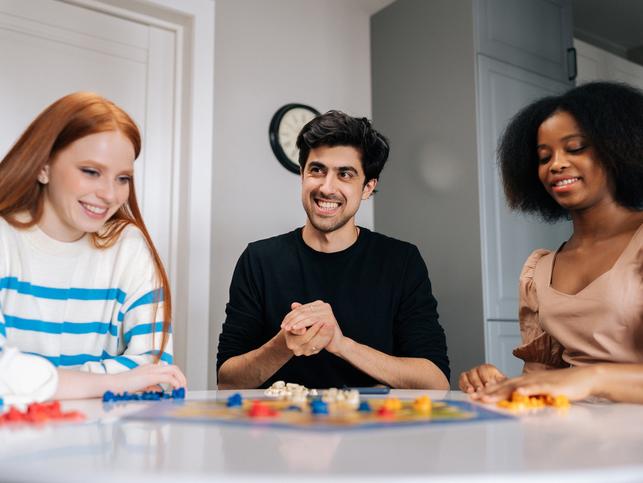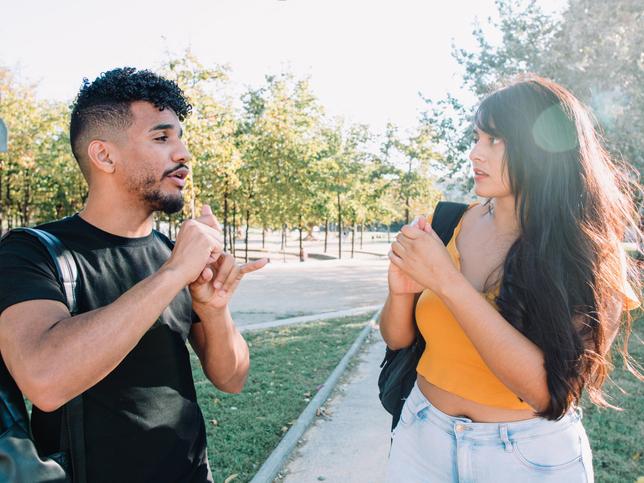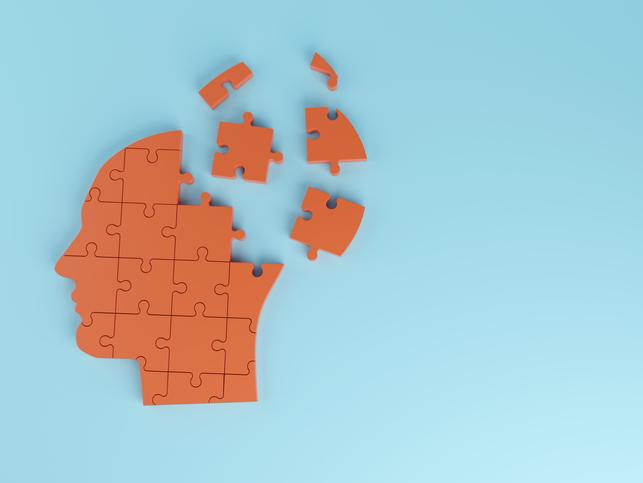
Creating an impactful social group for neurodivergent students
You may also like
Finding a sense of belonging at university can be one of the most challenging aspects of student life, particularly for neurodivergent students. To address this problem, the authors and a team of mentors facilitated a neurodiversity meet-ups programme throughout 2023.
These social sessions were run over the first six weeks of the semester and offered a safe, informal space for participants to learn and share their experiences of university and life as neurodivergent people, while doing activities such as crafts and using fidget toys. Discussion topics included making friends, disclosure and navigating respectful relationships.
We have identified five key attributes that contributed to the programme’s success, which we believe can be used as the foundation for many neurodiverse settings. Here are our tips based on our experience.
Bring in mentors
The first step towards creating a successful neurodiverse programme is to recruit a team of mentors who are enthusiastic about improving the student experience and creating a safe, conversational environment. This will typically include neurodivergent students who can offer genuine and relatable contributions to the programme by sharing their experiences of university life. We also strongly recommend including neurotypical mentors who are willing to share their experiences of uni life and engage with the students, as well as being able to support the neurodivergent mentors when their disabilities affect their ability to make or engage in a session.
Provide a clear overview in an accessible format
Social media is a practical way to share key information about the meet-ups. A Facebook group can provide mentees with a clear overview of the time, place and topics of upcoming sessions and so ensure that everyone is comfortable and prepared for each session. Clear communication is also helpful for newcomers who would like to join later in the programme, and it can improve the student-retention rate from week to week.
- On the neurodivergent campus, language matters
- A tailored onboarding programme can help set neurodivergent students up for success
- How can we create accessible and inclusive learning environments for neurodivergent students?
Open communication is the foundation of a welcoming and cohesive social space and enhances the way mentors and mentees relate to one another. It’s important that mentees feel comfortable asking for clarity from mentors about the topics discussed, during or after sessions, or via their student emails.
Have a strong structure
Having a clear purpose – to meet and spend time together, in our case – is vital to bringing students together. For those with difficulties in social interactions, structure and guidance are critical for fostering these engagements. For example, in our sessions we discussed topics such as respectful relationships, disclosure in class or at work and getting involved in campus life. Advertising the upcoming weekly topic to mentees helps them to prepare for these conversations, but it can also allow them to opt out if a subject is potentially distressing.
During the session, be sure to welcome contributions from all mentees, no matter their level of experience with the given topic. Most important, however, is for mentors to foster a culture of empathetic listening to ensure all perspectives are valued and carefully considered.
Breaking into smaller groups for crafts or games allows participants to continue a discussion in a more personalised context, which can enhance the social aspect of the meet-ups. It is also an opportunity for mentees to get to know one another.
Create accessible environments
Try to secure the same room for the meet-up each week. This simple measure helps ensure that those who adhere to routines are most comfortable.
This room should have sufficient natural lighting (avoid fluorescent lights, if possible) but be enclosed enough that it can be closed off to outdoor sound and the elements. We also avoid eating in this space, because many neurodivergent people are sensitive to food smells and eating noises.
Arts, crafts, stim toys and fidgets have proved popular with neurodivergent students who like to keep their hands busy while listening to the ongoing discussion. These can be easily sourced from department stores and are useful for ensuring the comfort of mentees.
Nurture the pipeline of potential mentors
Encouraging the mentees to become mentors in the future is vital to the growth and improvement of the programme. It allows students who have previously been “consumers” of the programme to bring new visions and direction to it. This helps us to ensure that the programme is effectively addressing the needs of attendees.
The leadership opportunity helps former mentees enhance their employability and involvement in university life. A leadership role within the programme can prepare them to extend their involvement to other aspects of university life in future.
For some of our students, the programme expanded on their network of friends and opportunities throughout the university. But for others, a supportive community encouraged them to become immersed in new activities and social settings. Mentees who returned as mentors became advocates for incoming equity students, while others became involved with the Disability Collective. Having these future opportunities linked to the programme underpinned the programme’s contribution to the improved sense of belonging for neurodivergent students.
We believe that sharing the successful aspects of our experience as facilitators of the neurodivergent meet-ups programme can provide a framework for people to develop new settings effectively. While the points we have mentioned above should be considered when designing future programmes, the needs of students and each programme’s unique goals should determine the way in which they are implemented.
Ben Roden-Cohen is a neurodiversity mentor, and Brooke Szücs is a research assistant in the TC Beirne School of Law and co-chair of the disability subcommittee; both are at the University of Queensland.
If you would like advice and insight from academics and university staff delivered directly to your inbox each week, sign up for the Campus newsletter.
Additional Links
We based our original format on the advice provided by the Autism CRC and changed to suit our context.




